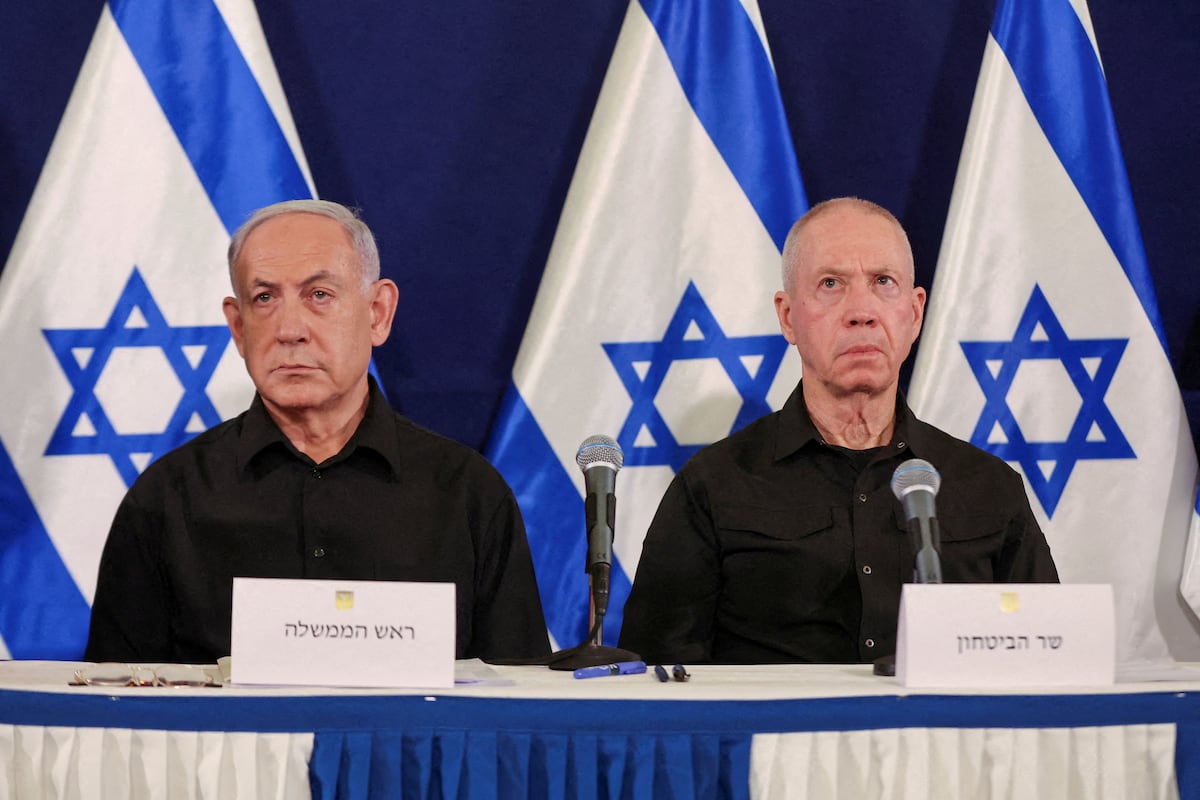The decision by the International Criminal Court (ICC) to issue arrest warrants for Israeli Prime Minister Benjamin Netanyahu and senior Hamas leaders has sparked a sharp division among the European Union (EU) member states. This controversy underscores the deep-seated differences in how the bloc addresses the ongoing Israeli-Palestinian conflict, raising questions about the EU’s consistency in handling international law violations.
Countries such as Poland, Austria, the Czech Republic, and Hungary have vehemently criticized the ICC. They argue that equating Netanyahu with Hamas leaders is unjust. Austrian Chancellor Karl Nehammer and Polish Prime Minister Donald Tusk have voiced their incomprehension at this comparison, stressing that Israel, unlike Hamas, is a democratic state engaged in a legitimate fight against terrorism.
Conversely, nations like France, Spain, Belgium, and Ireland have defended the ICC's independence and its mandate to hold perpetrators accountable, regardless of their political positions. Belgian Foreign Minister Hadja Lahbib emphasized the importance of prosecuting crimes committed in Gaza at the highest level. Similarly, Spanish and Irish officials have underscored the necessity of respecting the court’s decisions and ensuring justice for all victims.
The U.S. reaction, particularly from President Joe Biden and Secretary of State Antony Blinken, has been one of strong support for Israel. Biden condemned the ICC’s decision as ‘scandalous’, while Blinken criticized the legitimacy and credibility of the process. U.S. Ambassador to Israel, Jack Lowe, also defended Israel’s actions, branding the comparison to Hamas as absurd and highlighting the country's efforts to address humanitarian needs in Gaza.
The EU's High Representative for Foreign Affairs, Josep Borrell, acknowledged the obligatory nature of ICC decisions for its member states but also highlighted the divided reaction within the bloc. The lack of a unified stance has led some to accuse the EU of double standards, especially when compared to its response to Russia’s actions in Ukraine.
This division within the EU reflects broader geopolitical tensions and differing national interests, complicating the bloc’s ability to present a coherent foreign policy. While there is a consensus on the need for accountability and justice, the path to achieving these objectives remains contentious, highlighting the persistent challenges in international diplomacy.
- France has been vocal in supporting the ICC and its role in international justice. French diplomacy reiterated the necessity of adhering to international humanitarian law and emphasized the significant civilian toll in Gaza, calling for improved humanitarian access.
- Biden, along with other U.S. officials, stressed the importance of Israel’s right to self-defense while also acknowledging the severe humanitarian crisis in Gaza. This highlights the complex balance between military objectives and humanitarian concerns.
- Netanyahu vehemently rejected the ICC’s comparison, describing it as a distortion of reality and accusing the court of engaging in a new form of anti-Semitism. His defense underscores Israel's stance on its self-defense and the unique challenges it faces.






